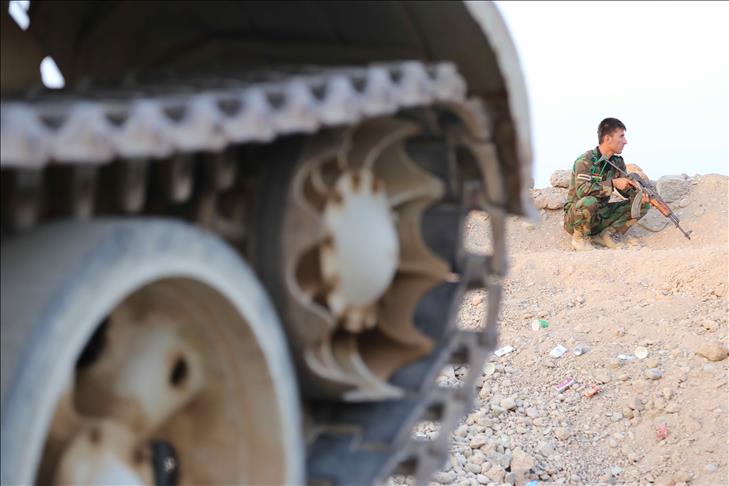
ANKARA
The Islamic State of Iraq and the Levant jihadist organization's recent seizure of large areas of northern and western Iraq may herald the Balkanization of the Middle East, according to an expert on the area.
"A lasting peace and security in the Middle East have deteriorated," said Ihsan Comak, who directs the Eurasian Studies Research Center in Ankara. "The map of the Middle East will change and more micro-countries will emerge. We will see the process of the Balkanization of the Middle East."
In the 1990s, a dozen years after the death of Yugoslav strongman Josip Broz Tito, the country fragmented into seven separate countries.
While agreeing with Comak’s view on the deterioration of security in the Middle East, Hasan Selim Ozerten, an expert from the International Strategic Research Organization, differs when it comes to the possibility that the Middle East will fragment into numerous smaller countries.
"We cannot say the Middle East is going to be divided like the Balkan countries in the 90's," Ozerten said.
Either way, the region is likely to be destabilized. Comak said it will not be possible to go to the Middle East as a tourist for a while because of the security problems in the region.
The Islamic State of Iraq and the Levant group, known as ISIL, which also controls parts of Syria, quickly captured a vast territory straddling the border between that country and Iraq. Last week, its leader, Abu Bakr al-Baghdadi, declared the establishment of an Islamic state, or caliphate, in the land the extremists control.
Balkanization is a geopolitical term, originally used to describe the process of fragmentation or division of a region or state into smaller regions or states that are often hostile or non-cooperative with one another.
Anadolu Agency website contains only a portion of the news stories offered to subscribers in the AA News Broadcasting System (HAS), and in summarized form. Please contact us for subscription options.

